Coordination perspective
From March 14 to 16, the EAGx CDMX 2025 took place at Universum, UNAM. It was a valuable experience for the EA UPY members, who actively participated as speakers, volunteers, and attendees. The EA UPY community had a significant presence, representing approximately 17.6% of the total attendees.
EA UPY’s participation in EAGx CDMX was the result of organized and collaborative preparation led by Jorge Luis Castillo Ruz and Janeth Valdivia, with support from the group members. Together, we coordinated several pre-event activities, including:
- An informational session about the event.
- A timeline for tracking applications.
- Creation of an event info sheet.
- Accommodation arrangements for attendees.
- Preparation workshops covering:
- Career planning
- How to hold effective 1-on-1 meetings
- How to make the most of Swapcard
These preparations were key in ensuring effective and meaningful participation by EA UPY members.
Key data on EA UPY participation
34 EA UPY members attended the event:
- 22 students
- 9 professionals
- 3 professors
28 attendees had completed at least the introductory Effective Altruism course.
10 volunteers supported various areas of the event.
Active involvement of the EA UPY community
During the event, EA UPY members showcased their dynamism and commitment through initiatives such as:
- INFOSEC Meetup by Fernando Castillo
- Not So Speedy AI Safety Networking by Angel Tenorio Vazquez, Jason Pinelo, and Silvia Fernández Sabido
- EA Mexico Meetup by Karime Pacheco
- Panel: Perspectives on Effective Altruism Community Building in Latin America featuring Deiver Romero Páramo (Colombia), Janeth Valdivia (Mexico), Kiran Sargent (Chile), Eitan Sprejer (Argentina), Juana Maria Huisa Martinez (Brazil), moderated by Diego Alejandro Quintero Mogollón
EA UPY attendee perspectives
According to feedback, EA UPY participants—students, professionals, and volunteers—found the event highly enriching and positive.
Key Takeaways and Learnings
- Knowledge and insights: Talks and workshops on AI Governance, Biosecurity, Future Pandemic Risks, and Animal Welfare stood out. The Women in EA meetup was appreciated as a safe and meaningful space.
- Professional and personal development: Julia Huchín mentioned receiving career guidance right before graduation. Monica Espinosa was inspired by shared opportunities in Animal Welfare. Uriel Arismendi was motivated to explore new topics and personal growth.
- Community and networking: The strong sense of community was evident. 1-on-1 meetings were key; Monica Espinosa made valuable career connections, even though she hadn’t attended the prep sessions. Uriel Arismendi learned about event coordination and teamwork.
- Inspiration and motivation: The experience deepened participants’ commitment to Effective Altruism principles. Betzi Pérez found it valuable to meet people working at the intersection of tech and environment or in animal welfare.
Connections made
Attendees formed meaningful connections across disciplines and geographies. Notable interactions included Alex W. Zhu (public health and tech), Simon Daniel and Juana Huisa (non-tech risks and opportunities), and contacts in animal welfare and tech-environment intersections. EA UPY-organized meetups like EA Mexico were praised as friendly and great for networking.
Expected impact
- For Individuals: Attendees expect these connections and learnings to foster their professional growth, open doors (e.g., for master’s programs or collaborations), and help apply their skills more effectively.
- For EA UPY: The knowledge and contacts gained can lead to collaborations with other EA groups, increased national presence, invitations for experts, and access to successful organizational models. Staying connected with the global EA network is seen as a gateway to future courses and workshops.
An illustrative personal experience
Karime Pacheco, who facilitated the EA Mexico Meetup, shared:
“I arrived at the event hoping to apply what I had learned with EA UPY to real-world contexts. I gained insights into AI Governance, Biosafety, and AI Safety and connected with speakers who now support my work. I developed clear research goals and long-term plans and feel more oriented in my career path.
Attending EAGx was undoubtedly a motivating experience that helped me gain a better perspective on how to build my future while giving back to my community. It was amazing to meet people working in AI Safety and learn from them.” – Karime Pacheco
On preparation and support
EA UPY’s prep activities—like the Career Planning Program and 1-on-1 workshop—were appreciated by attendees such as Julia, Uriel, and Betzi. Monica, who didn’t attend them, felt she would have benefited from doing so. While indirect university support (like excused absences) was acknowledged, there’s a need for more direct backing (transportation, access to spaces). Online prep events were also suggested to improve accessibility.
Activity: How to hold effective 1-on-1 meetings
Organized by Jorge Luis Castillo Ruz
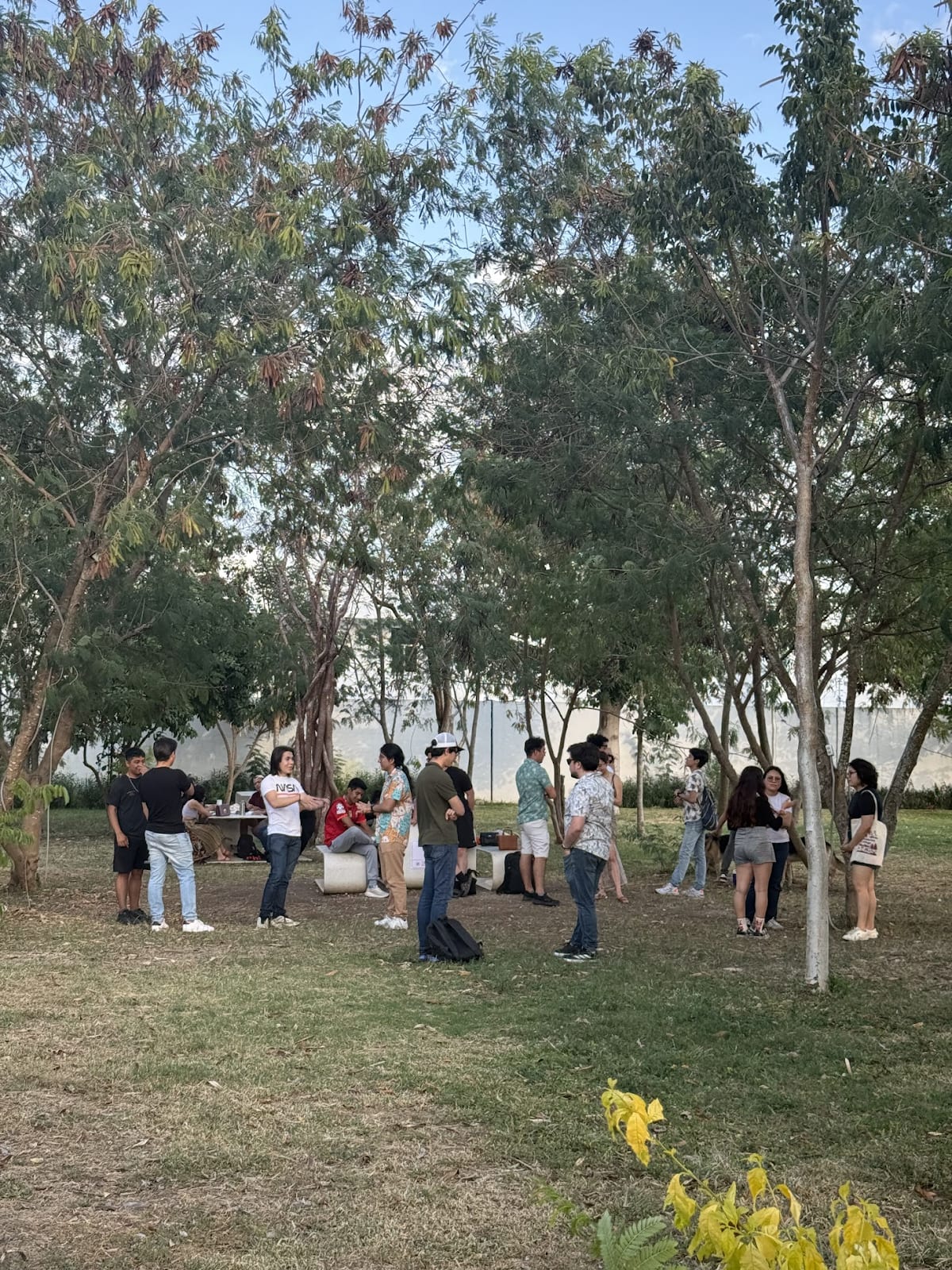
This workshop taught participants how to get the most out of 1-on-1 conversations by building the right questions and simulating real event interactions with unfamiliar people.
Activity: Career Planning Workshop
Organized by Janeth Valdivia
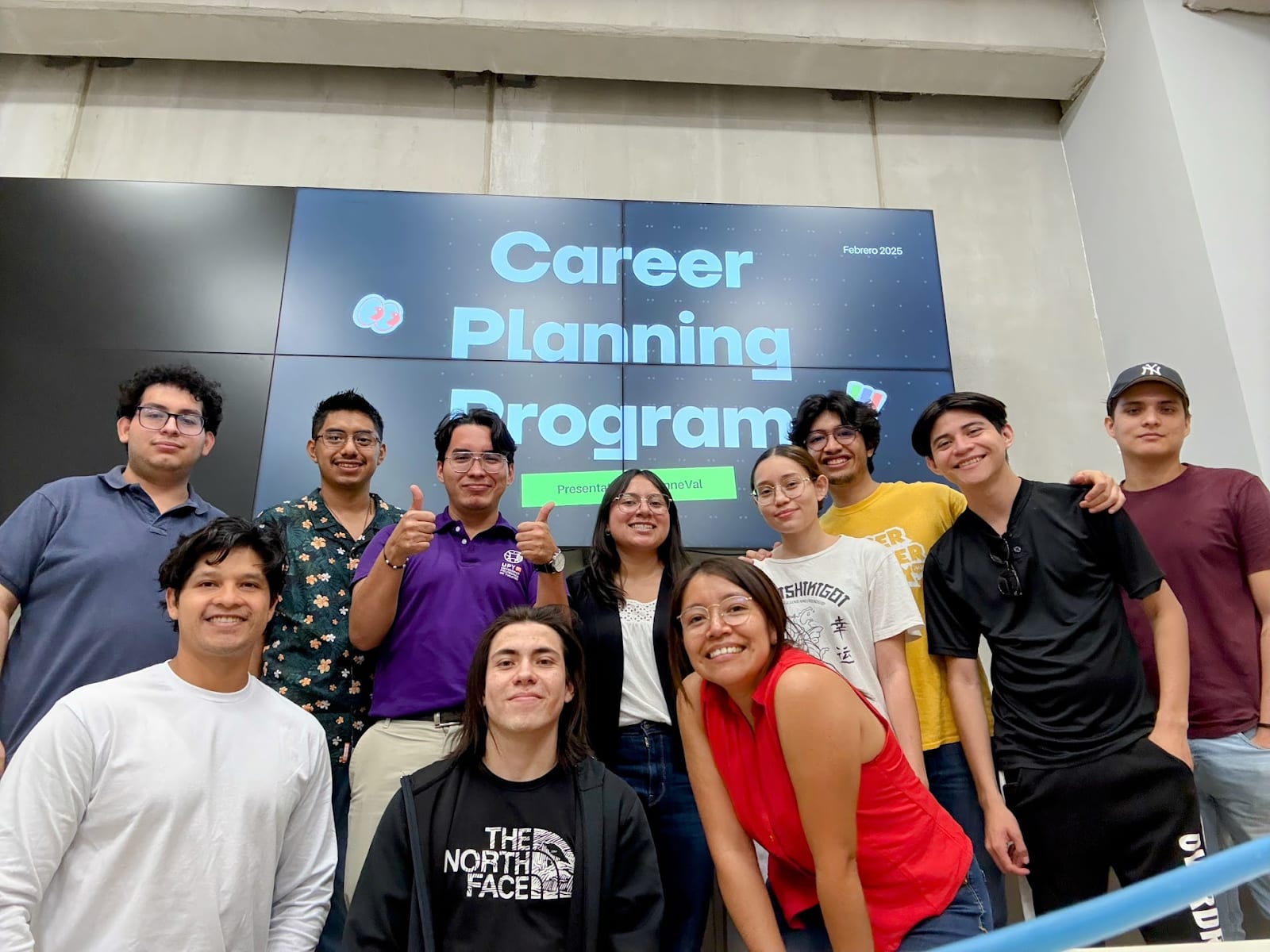
The Career Planning Program (CPP) was adapted by student Janeth Valdivia from a workshop offered as part of the mentorship for EA UPY coordinators by the OSP. It aimed to help EAGx CDMX participants maximize their experience. It was held in two sessions: the first with 10 students, and the second with 3 who missed the first. Attendees were students from Data Engineering, Embedded Systems, Robotics, and Cybersecurity.
EA México meetup
Facilitated by Karime Pacheco
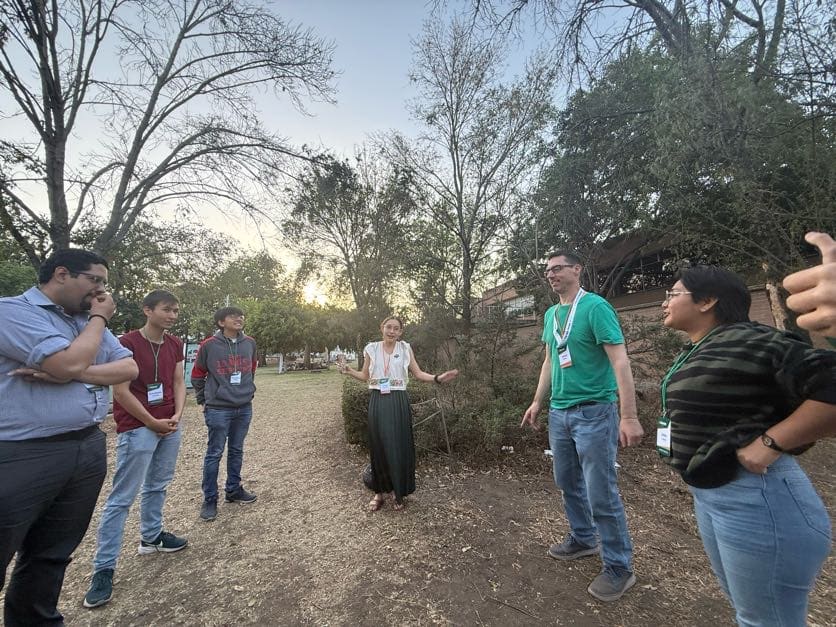
This meetup brought together EA community members from different Mexican states (approx. 20–30 attendees). Activities were designed for social bonding and discussing areas of interest. Contacts were gathered for future collaborations.
Not so speedy AI Safety networking
By Angel Tenorio, Jason Pinelo, and Silvia Fernández Sabido
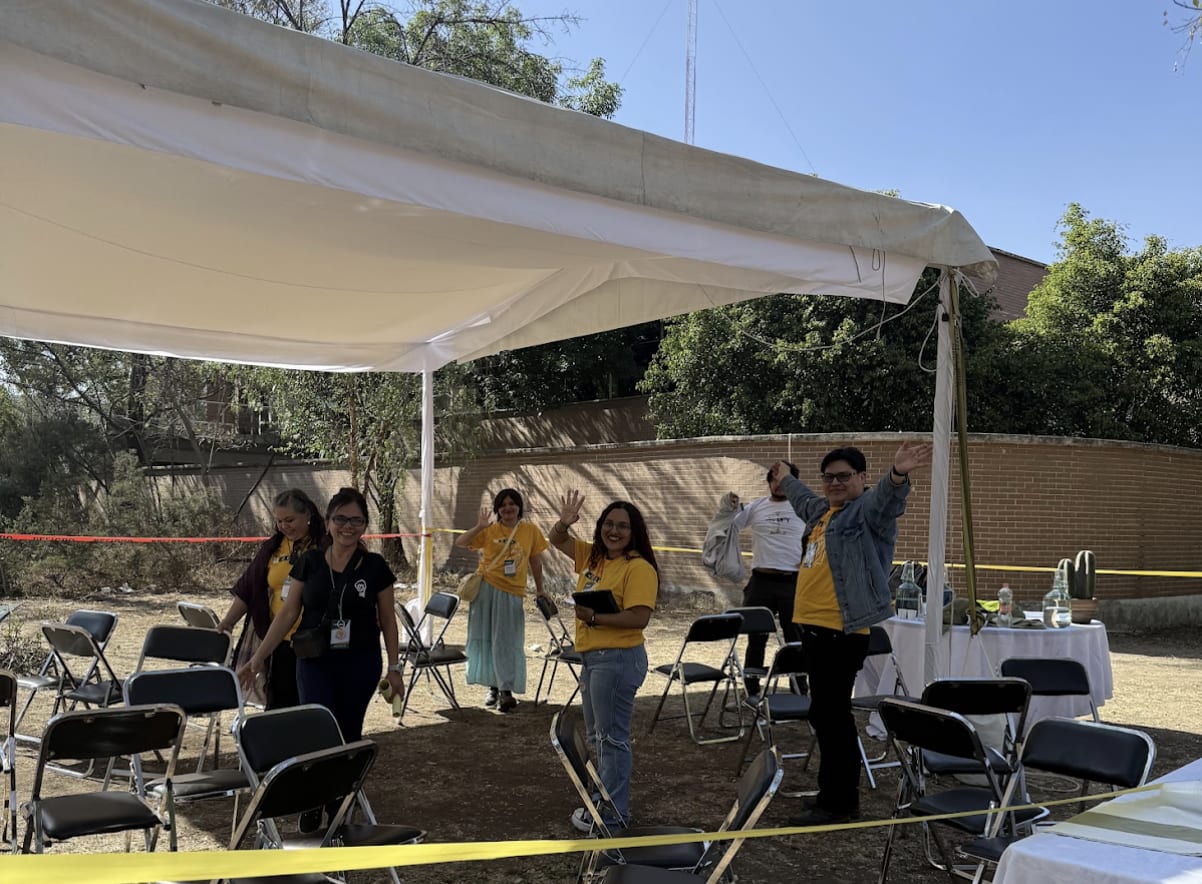
We had the chance to connect with people interested in AI Safety and Governance and share EA UPY’s work in these areas.
EA UPY volunteers at EAGx CDMX
“I had the honor of being a welcome volunteer. It was an amazing event, filled with kind and dynamic people.
I welcomed and guided new attendees, ensuring they had a warm experience from the start. I also enjoyed 1-on-1s and helped attendees whenever needed. It was truly rewarding and felt like real teamwork.”
– Emanuel Duarte, Cybersecurity
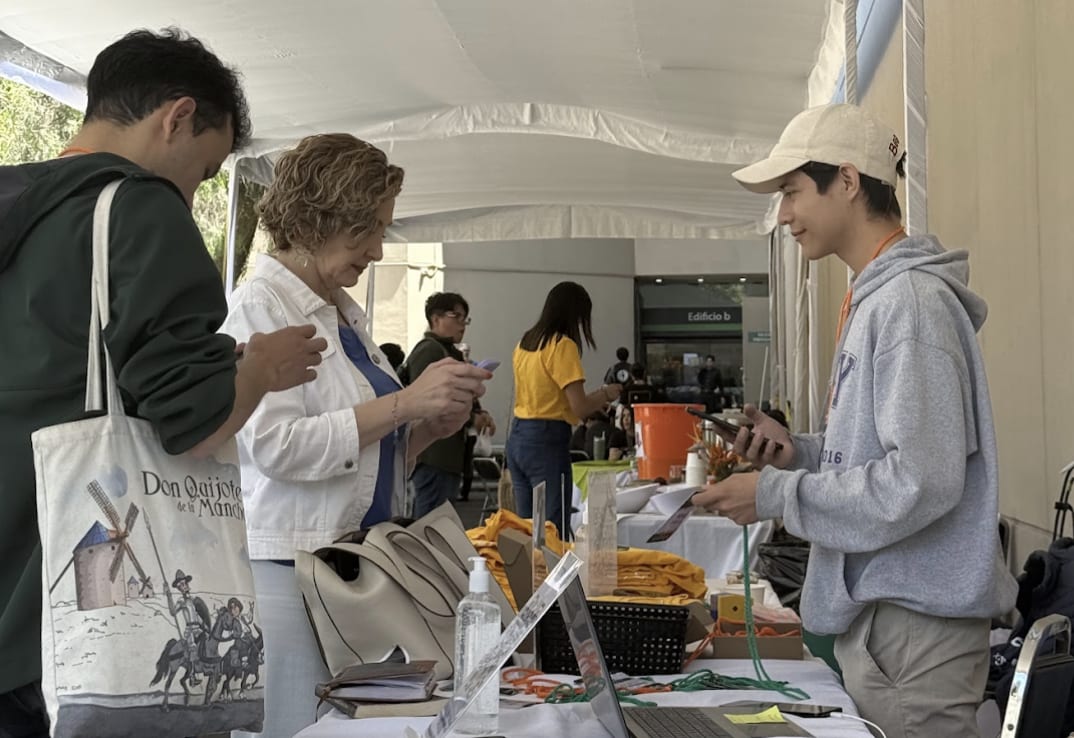
“Being part of this essential team at the start of the event was wonderful. I met many people and was able to help them.
My coordinator, Manu, was incredibly smart, empathetic, and supportive, making our shift enjoyable and safe.
It was my first EAGx, and though I was uncertain at first, the EA UPY and organizing teams (Jay and Hugo) made me feel comfortable and confident in fulfilling my role.”
– Julia Patricia Huchín
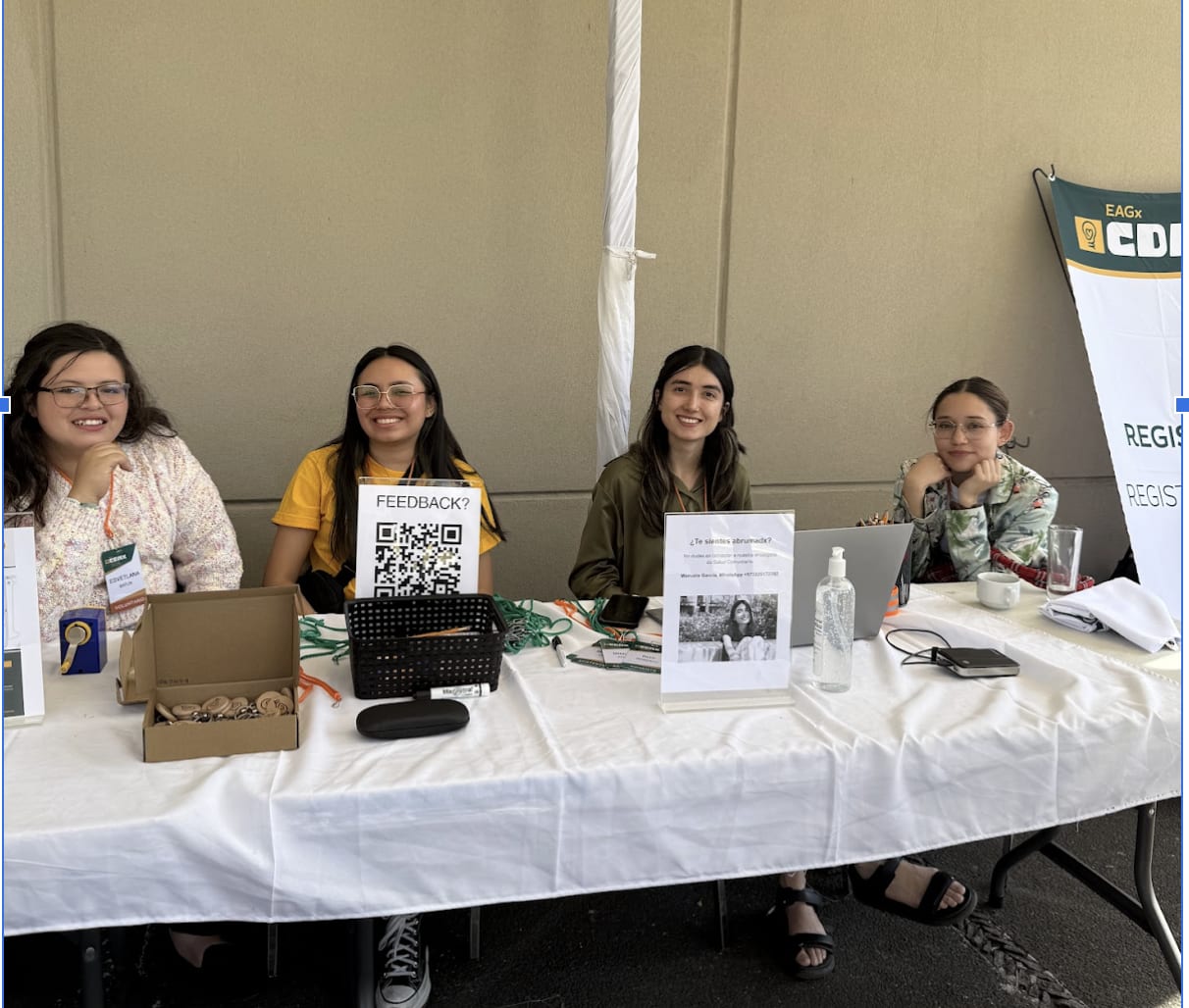
INFOSEC meetup
Facilitated by Fernando Castillo
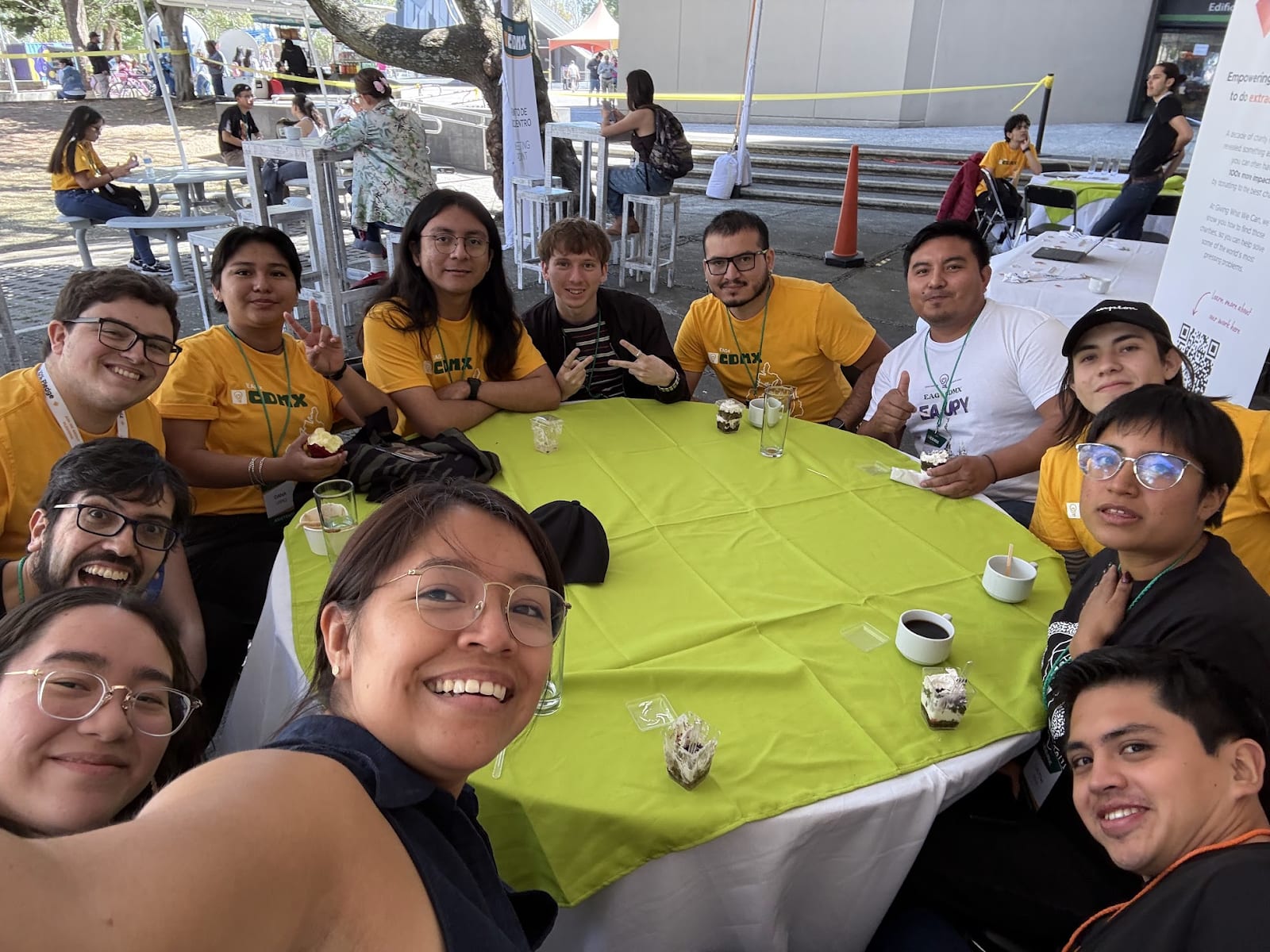
After launching the INFOSEC program in January, we were excited to meet more people interested in this field. EAGx was the perfect space. Fernando, the current coordinator, contacted everyone interested and hosted a meetup. To our delight, 12 people—mostly from EA UPY—attended, eager to share experiences and strengthen this community.
Panel: Perspectives on Effective Altruism community building in Latin America
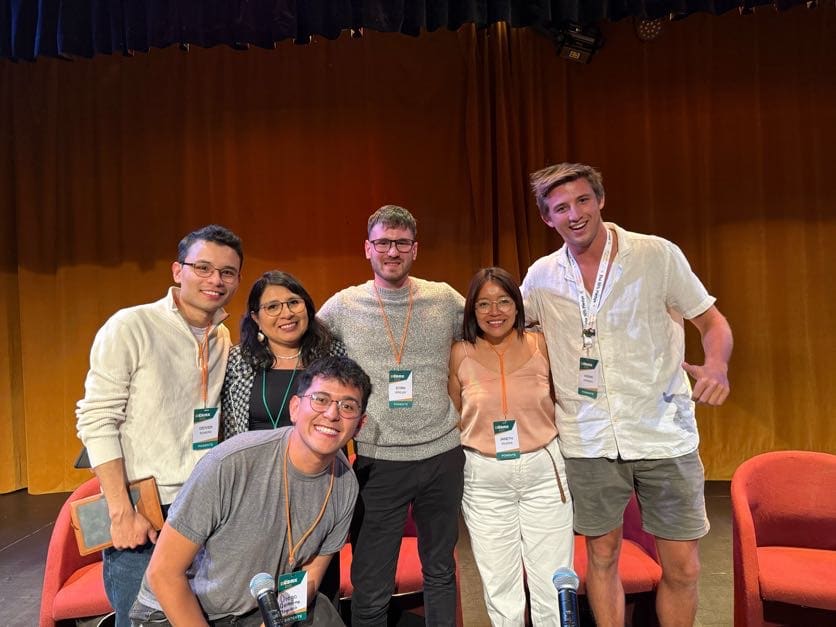
This panel brought together EA organizers like Deiver Romero Páramo (Colombia), Janeth Valdivia (Mexico), Kiran Sargent (Chile), Eitan Sprejer (Argentina), and Juana Maria Huisa Martinez (Brazil) to share how EA values have been translated into real actions in Latin American communities, including both university and city-based groups. We analyzed successful approaches, challenges, and how to improve strategies for local impact. Janeth (Data Engineering student at UPY) and Deiver (from UniAndes, Colombia) co-organized the panel, moderated by Diego Alejandro Quintero Mogollón.
Finally, EA UPY’s participation in EAGx CDMX 2025 was a deeply enriching experience that allowed us to grow as individuals and as a community. We are especially grateful to the event organizers for their trust and for giving our group the opportunity to take a more active role in the event's activities—through meetups, and panel discussions.
The preparation leading up to EAGx CDMX, as well as the experience itself, helped strengthen our sense of purpose and opened doors to new collaborations and learning opportunities. We are now in a follow-up phase to work on the action points we identified during and after the event, with the goal of continuing to grow, share what we’ve learned, and contribute more effectively to the global EA community.
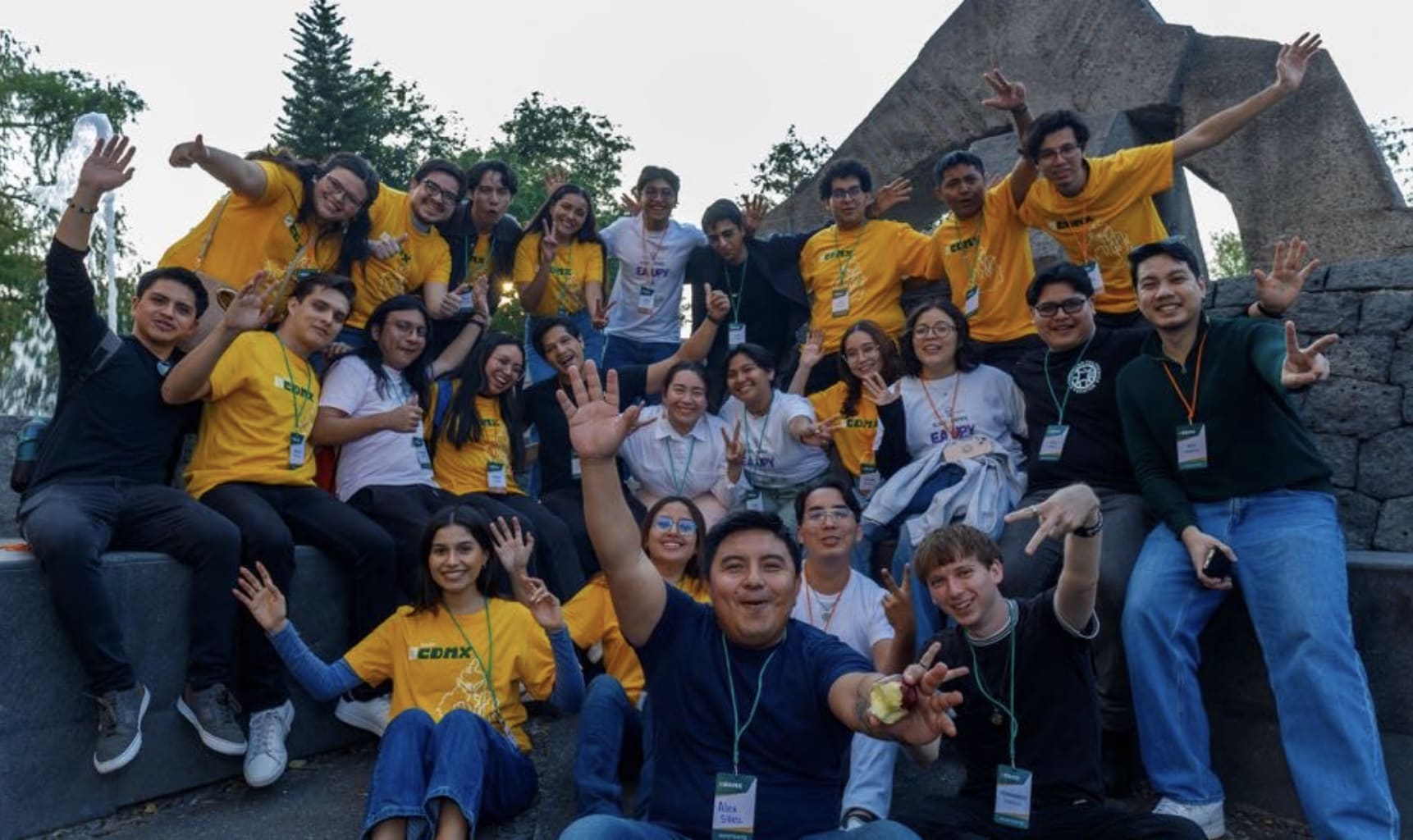

Executive summary: EA UPY’s coordinated and active participation in EAGx CDMX 2025 fostered individual growth, community building, and meaningful connections, with strong pre-event preparation enabling a highly impactful experience for members.
Key points:
This comment was auto-generated by the EA Forum Team. Feel free to point out issues with this summary by replying to the comment, and contact us if you have feedback.